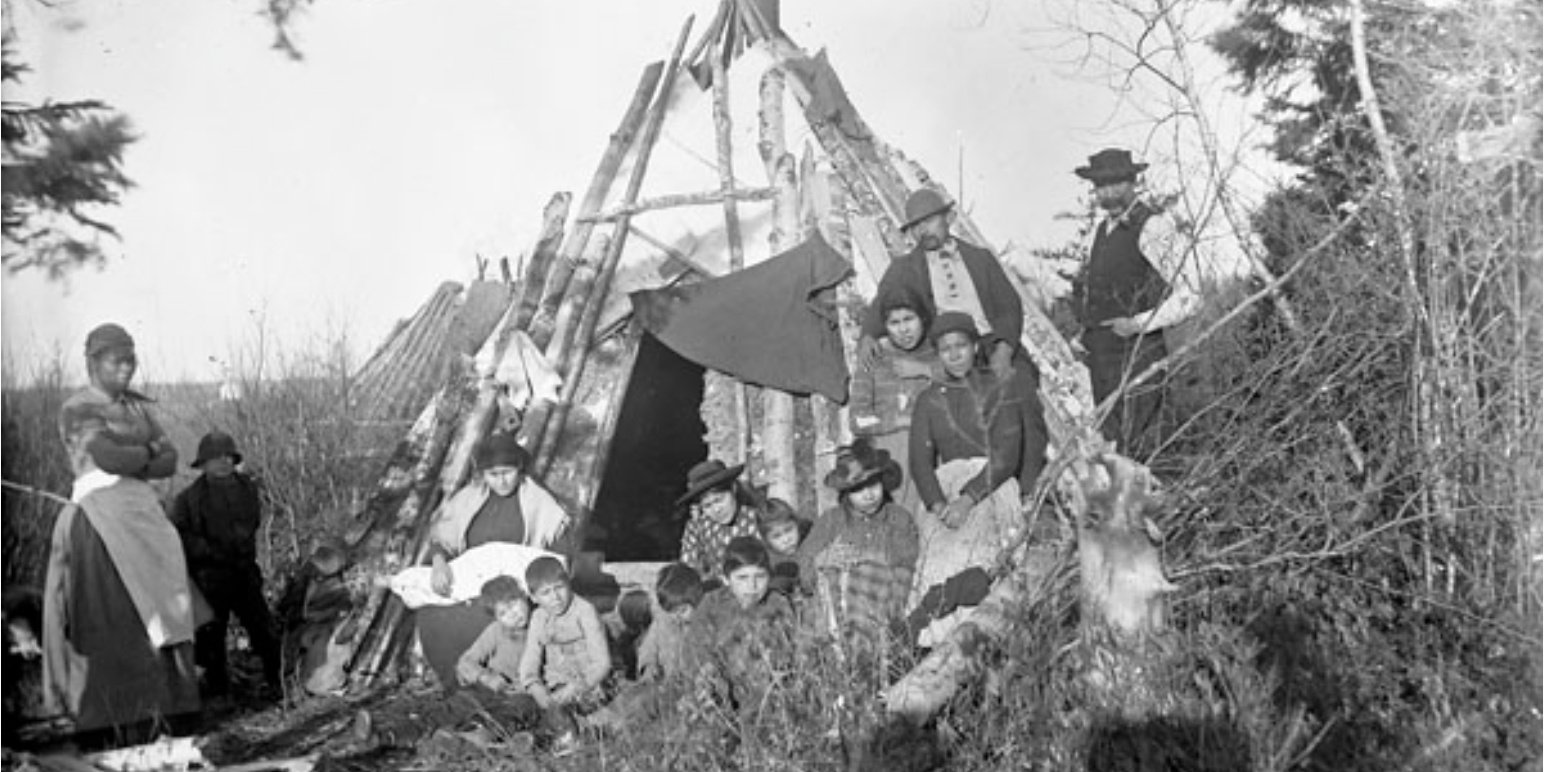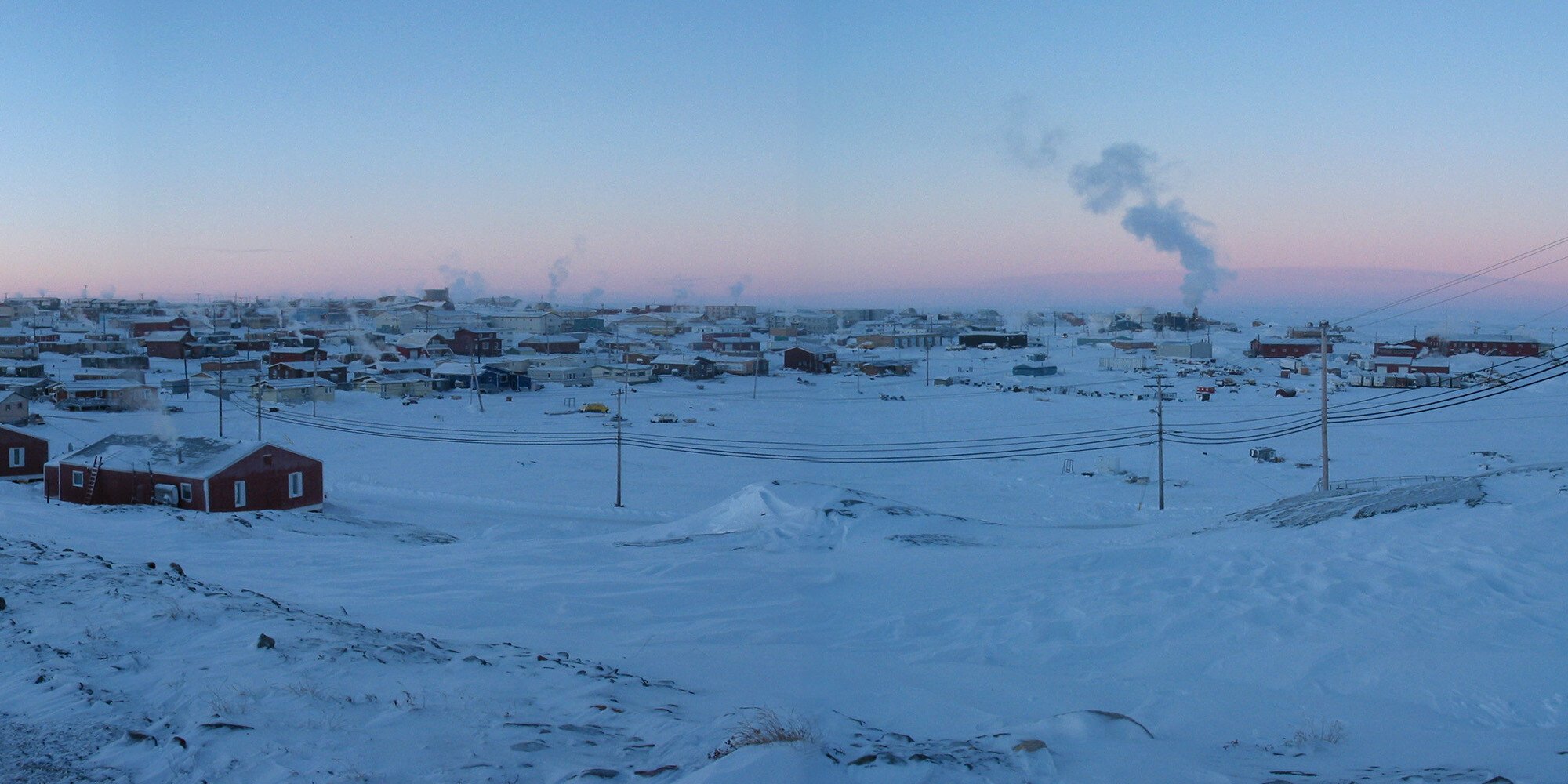The Mi’kmaq People of Nova Scotia
Long before John Cabot arrived on the shores of Newfoundland in 1497, Mi’kmaq People occupied what we now know as the Atlantic provinces. Mi’kmaq...


The Honourable Bernard Valcourt, Minister of Aboriginal Affairs and Northern Development, and Brendan Sheppard, President of the Federation of Newfoundland Indians (FNI), today announced a Supplemental Agreement that will address shared concerns about the integrity of the enrolment process for membership in the Qalipu Mi'kmaq First Nation.
"The Mi'kmaq people of Newfoundland hold a unique place in Canadian history and our Government is committed to implementing the 2008 Agreement for Recognition of the Qalipu Mi'kmaq Band in a manner that reflects the original intent of the Agreement," said Minister Valcourt. "I am pleased that we have reached a supplemental agreement that will address our shared concerns about the enrolment process. This agreement will protect the integrity and credibility of the Qalipu Mi`kmaq First Nation by ensuring that only those with a legitimate claim to membership and registration are enrolled."
"The 2008 Agreement was intended to recognize the Mi'kmaq Groups of Indians of Newfoundland as a band for the purposes of the Indian Act," said FNI President Brendan Sheppard. "The Supplemental Agreement will ensure that all valid applications submitted since the enrolment process began in December 2008 will be reviewed in accordance with the criteria for membership that was originally negotiated."
The Supplemental Agreement reached between Canada and the FNI includes clarification of the requirements for enrolment, additional documentation requirements for applications, and an extension of the 2008 Agreement timelines. By extending the timelines and by agreeing to review all applications, Canada and the FNI will ensure that those people whose applications would not have been processed under the time limits contained in the 2008 Agreement will be processed. This ensures that all applicants, no matter when they applied in the process, will be treated fairly and equitably.
During the four year enrolment process for membership in the Qalipu Mi'kmaq First Nation, over 101,000 applications were received, most of which followed the announcement of band creation in September 2011. In the final 14 months of the enrolment process, more than 70,000 applications were received, including approximately 46,000 between September and the end of November 2012. Both Canada and the FNI recognize that these numbers are not credible and undermine the integrity of the First Nation.
The Government of Canada and the FNI will continue to work to ensure all applicants are treated fairly and equitably during this review process. Information on what will be required to support applications will be available at www.aandc.ca/qalipu and www.qalipu.ca in the coming weeks. Furthermore, all applicants will be sent a letter in November 2013 that outlines the next steps for the consideration of applications and whether further documentation is required. The Supplemental Agreement and Directive can be viewed online at www.aandc.gc.ca/qalipu and www.qalipu.ca.
SOURCE: Aboriginal Affairs and Northern Development Canada
Featured photo: Dreamstime

Long before John Cabot arrived on the shores of Newfoundland in 1497, Mi’kmaq People occupied what we now know as the Atlantic provinces. Mi’kmaq...

Many educational programs and documents that recount the history of Indian Residential Schools in Canada will state that 1996 was the year that...

The Nunavut Land Claims Agreement (NLCA) is remarkable on many points, but perhaps the most significant is that this Agreement gave the Inuit of...